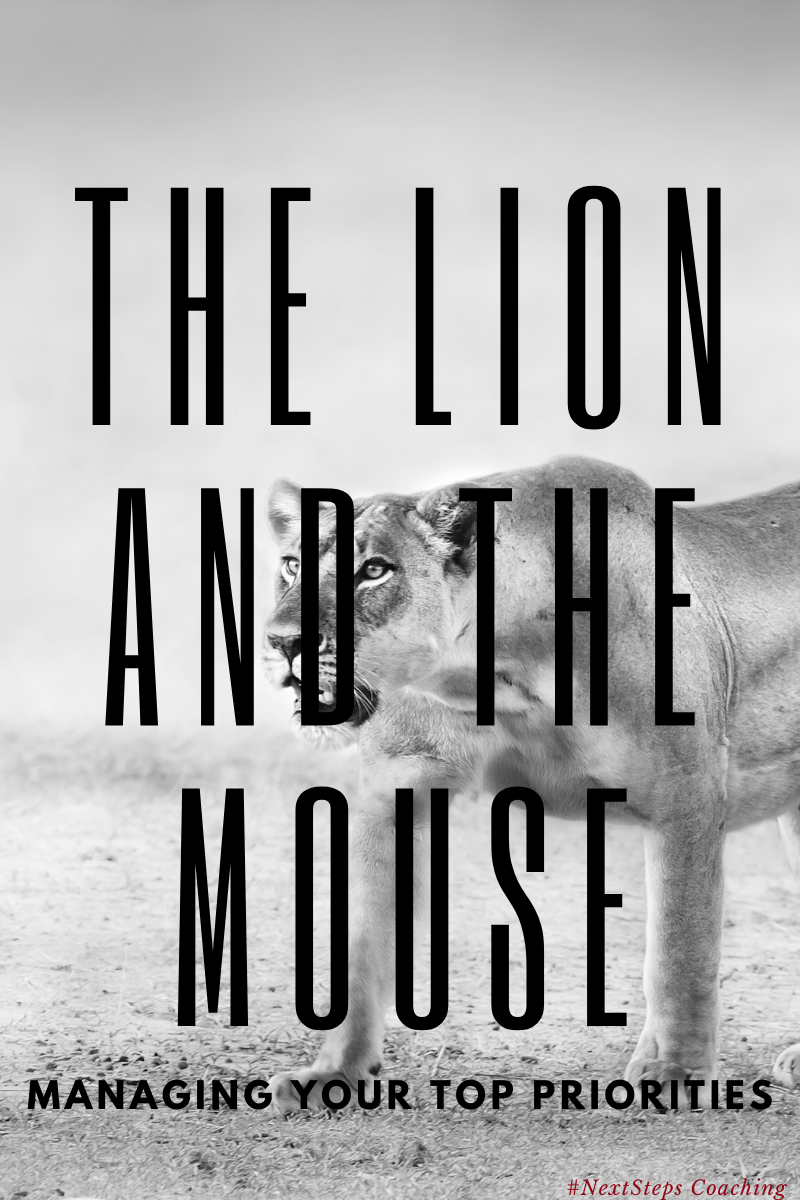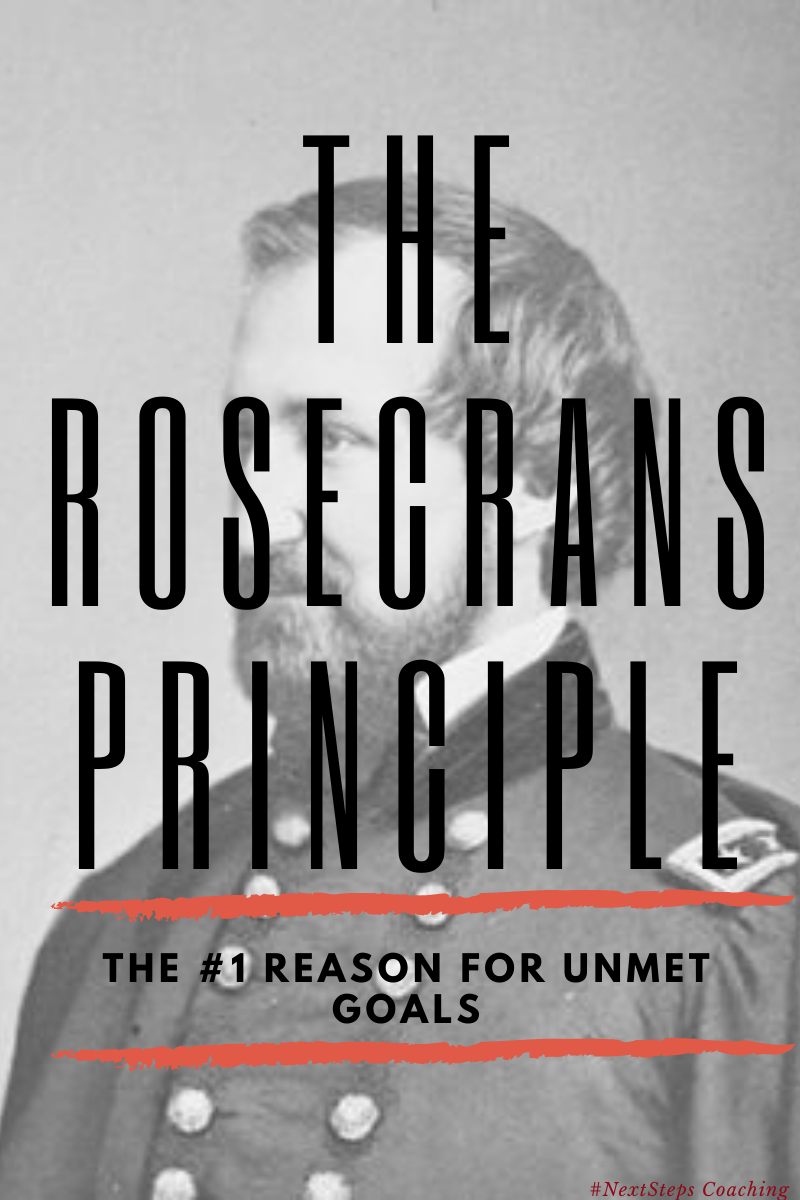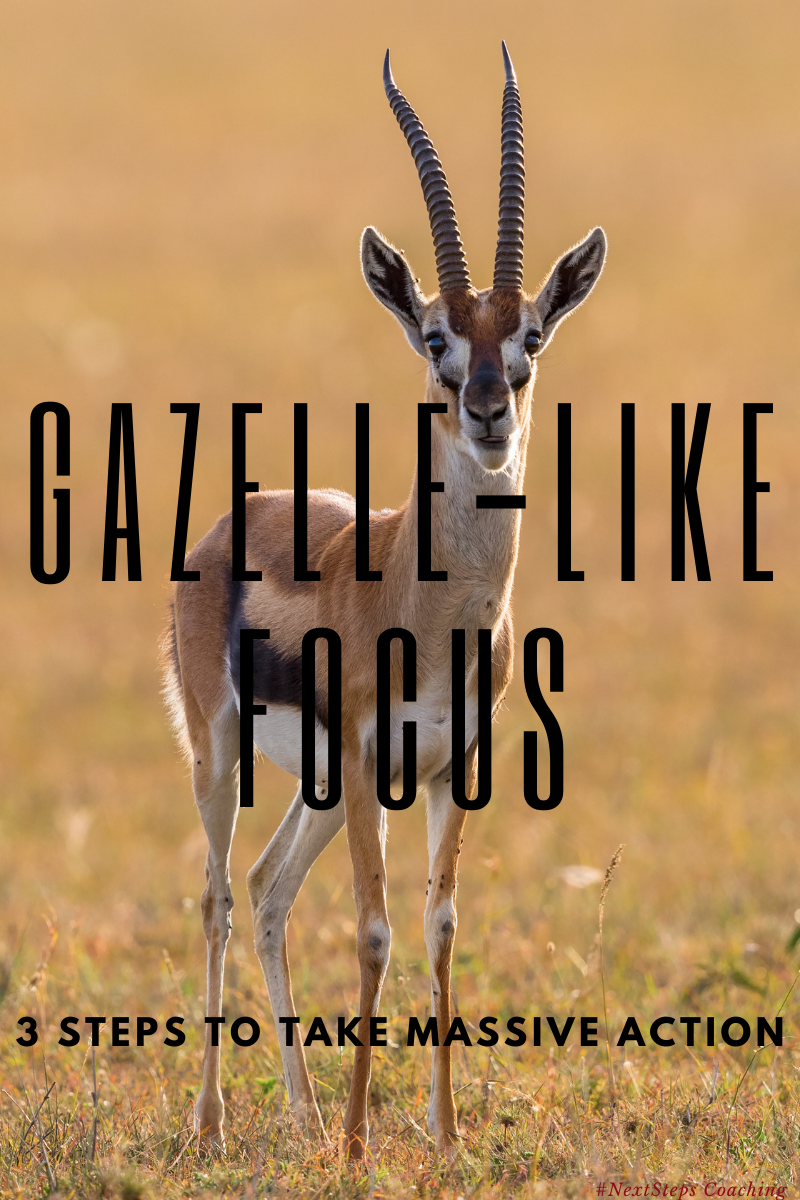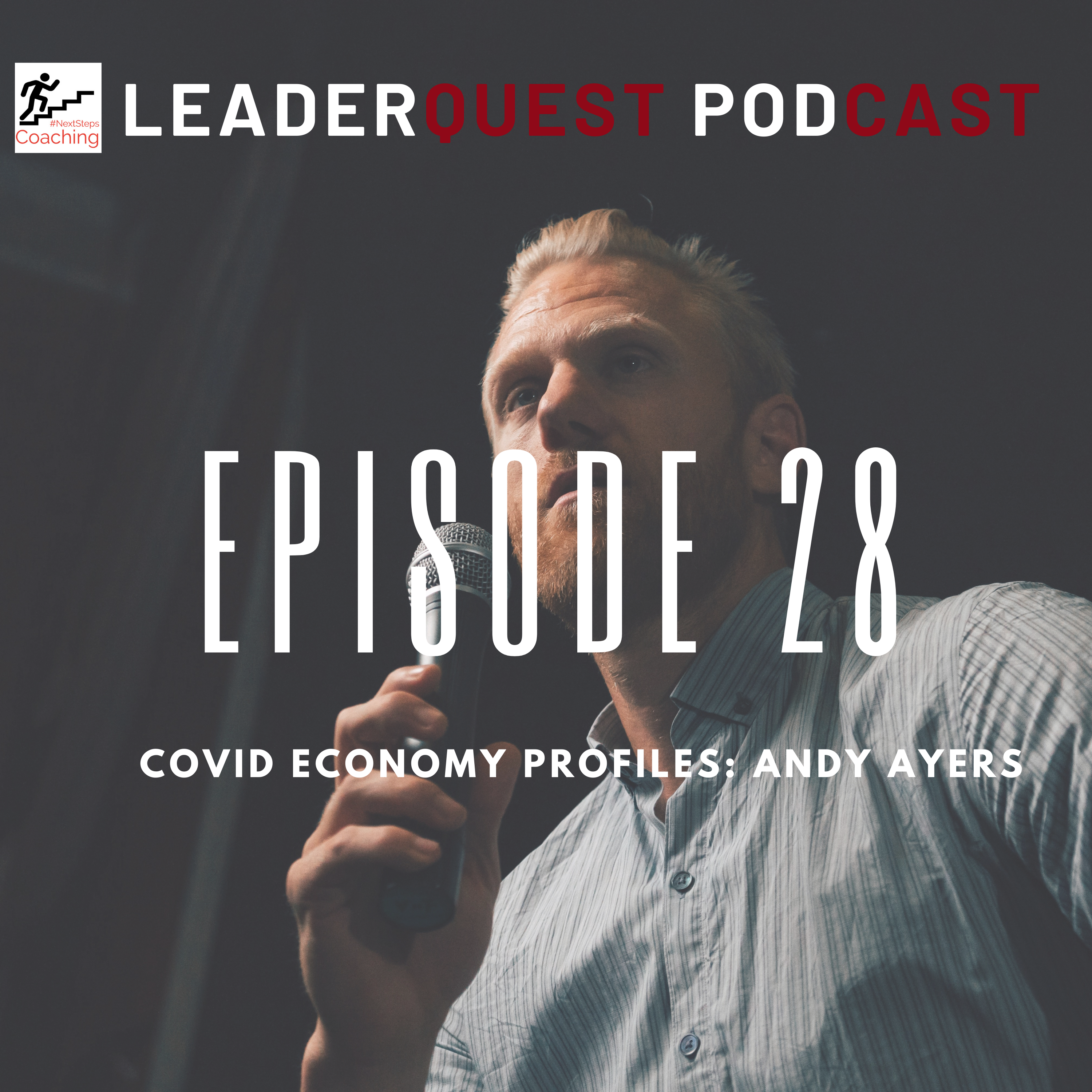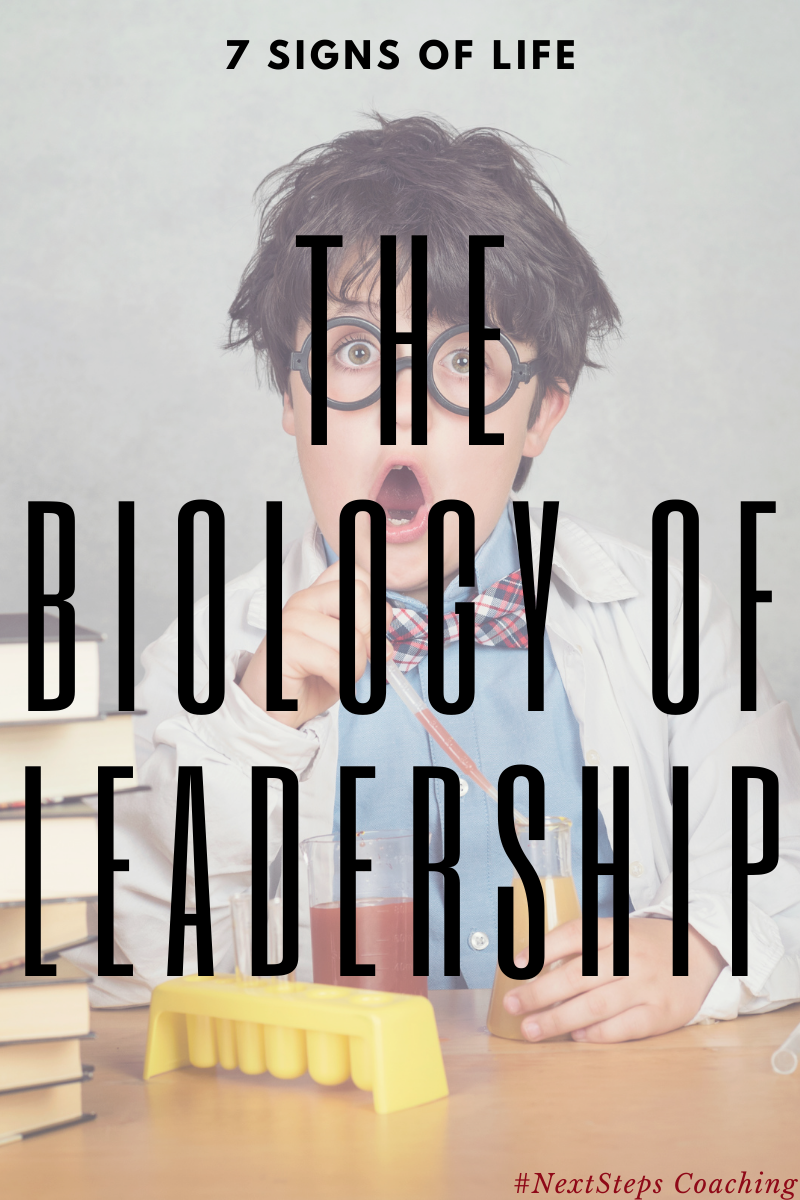
When we understand the biology of leadership, we are more easily able to overcome common challenges and create an enriching team dynamic.
Leadership, much like the basic structure of life, has seven components.

All living things have these seven characteristics in common:
- Movement
- Sensitivity
- Nutrition
- Excretion
- Respiration
- Growth
- Reproduction
You take away any one of these and death is imminent (either for the individual or the species).
The same is true in our leadership.
A Quick Biology Lesson
Movement – transitioning through space and environment. Walking, running, jumping, swimming, flapping. We move to find water, eat food, and escape danger.
Sensitivity – Think ‘using your senses.’ Smelling, tasting, hearing, touching. This aids in survival, the acquisition of necessary resources, and life satisfaction.
Nutrition – Food is fuel. It is the energy system by which our body is governed. Good clean fuel in means good clean energy out.

Excretion -Removing waste products. Once your body has processed everything of value, everything it can use, it gets rid of the rest. Good in, bad out.
Respiration – Think breathing, However, biologically, it is so much more. It’s where energy conversion happens in the cells. It’s about work. Once a body has nutrition, it converts that food to sugar for your cells to you.
Growth – Perhaps the most recognized sign of life. From infancy to adulthood, we see growth and change every day. Plants grow. Trees blossom. Fruit ripens. Babies mature.
Reproduction – Passing on genetic code from one generation to the next. The act of continuing the life cycle in a given species.
Leadership Biology
Just how biology has set functions for growth, so too does leadership. Here are the seven components of the biology of leadership.
Movement – In leadership, movement is a progression of goals, desire, and intent. We as leaders must be clear on personal goals, team goals, and business goals. Where do you want to end up? Creating and intentionally designing our movement forward, the progression of our goals is of first critical importance for leaders.
“Everyone ends up somewhere. A few people end up somewhere on purpose.” – Andy Stanley
Sensitivity – Emotional Intelligence. Knowing, understanding, and utilizing your emotional state, responses, and triggers, and of those around you.
Nutrition – What is the food you give your leadership body every day? Are you reading scripture? Personal development books? Podcasts? Your personal growth should have a plan just like your physical activity and physical nutrition. As leaders, show me the books not just that you’re reading now but that you’ll read when you finish those books.

Excretion – Removing bad, unproductive, and destructive habits, thoughts, and modes of behavior. Think family systems, relationships to money, sex, power, and status. Anything that limits or prohibits you from reaching your full potential.
Respiration – Engaging in the work you do. The energy transfer from your body into the world. Don’t just put good stuff in and expel the bad, use it to make a difference for others.
Growth – Your personal development plan. How do you see yourself growing from a new (infant) leader to a fully mature one?
Reproduction – Passing on genetic code and leadership habits. Are you reproducing poorly trained, stunted, and immature leaders or are you producing healthy, vibrant, fully-alive leaders?
